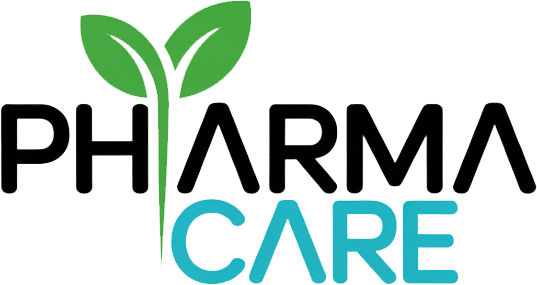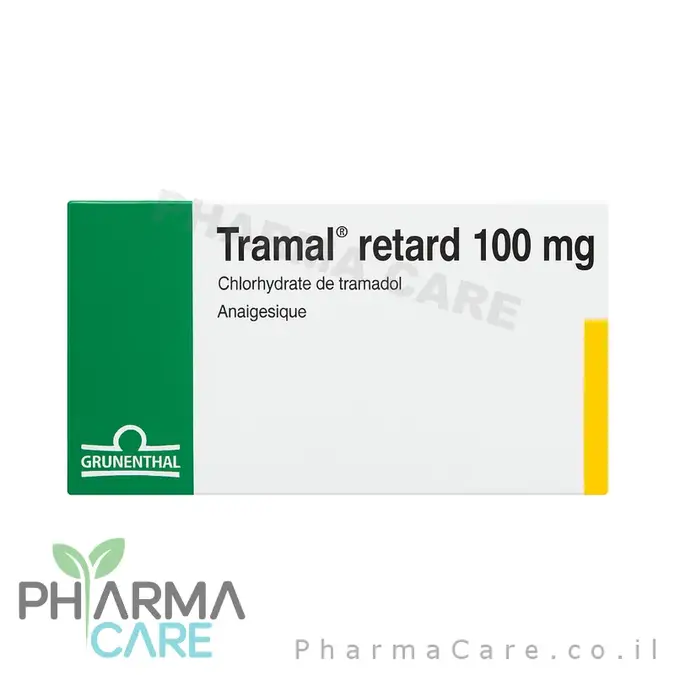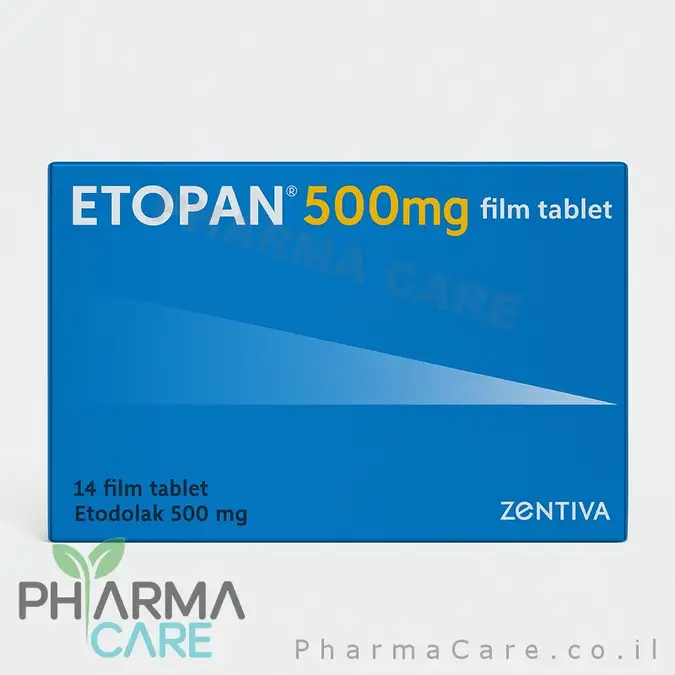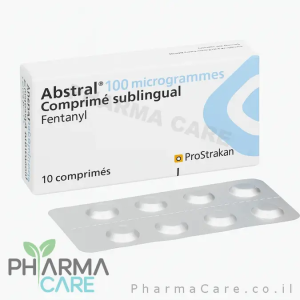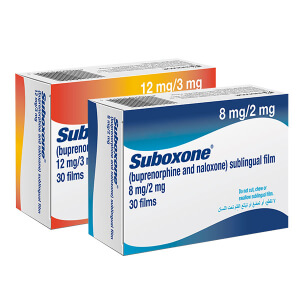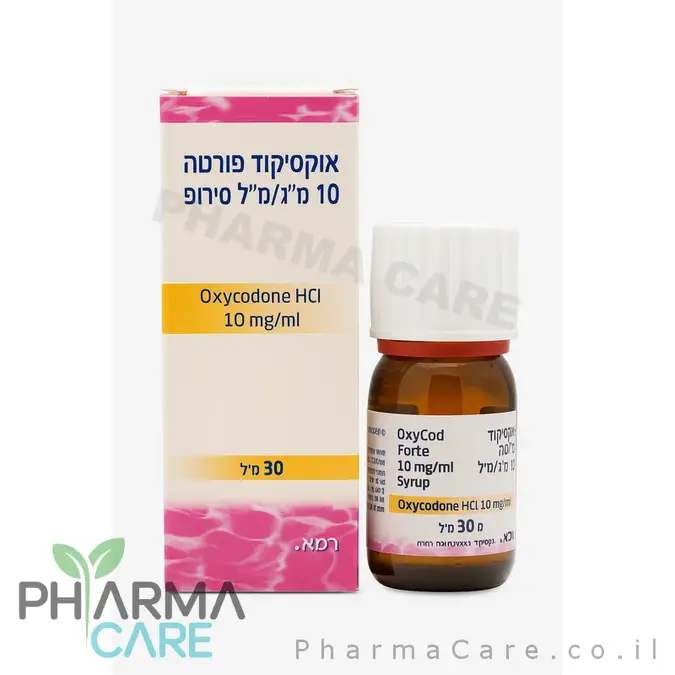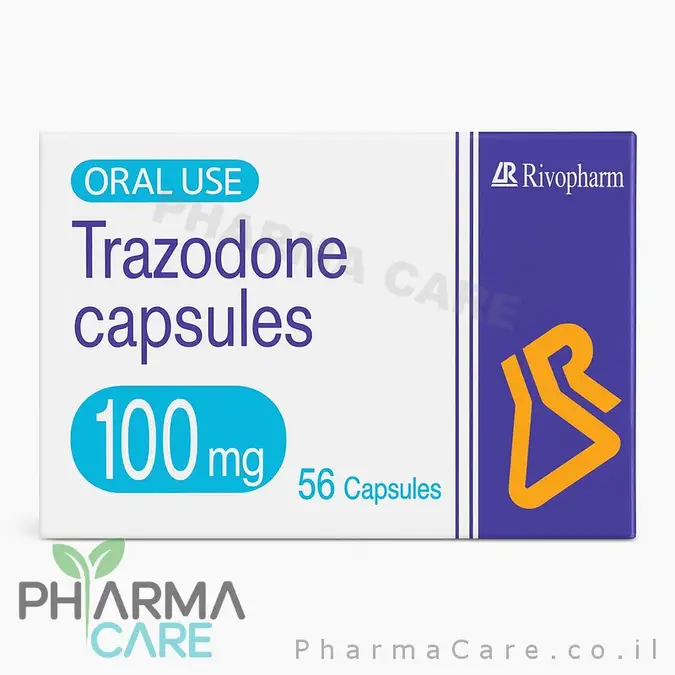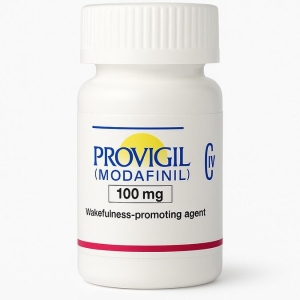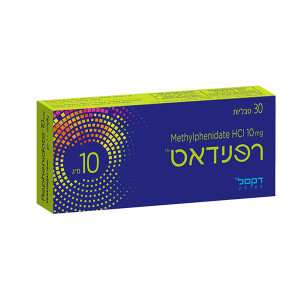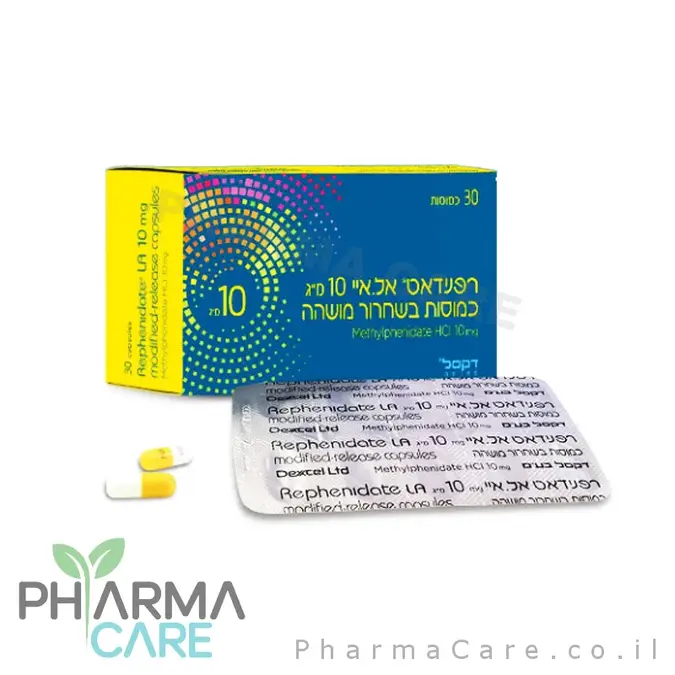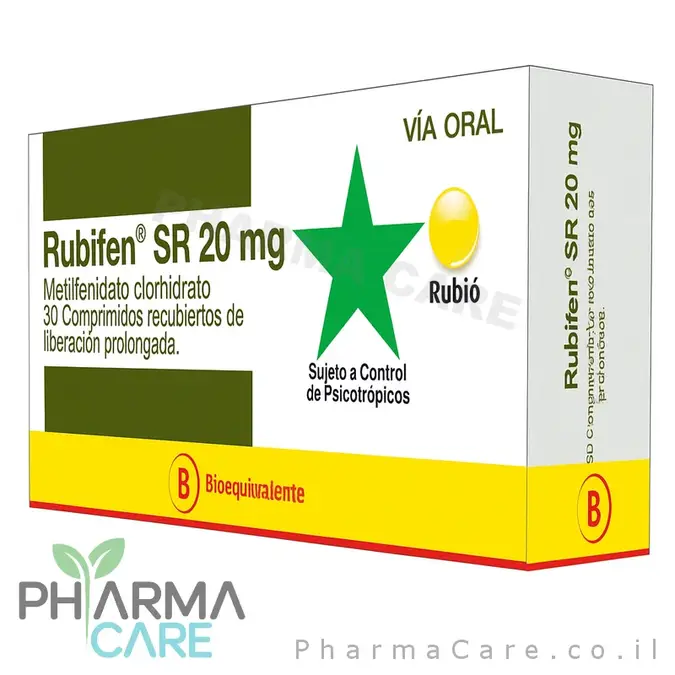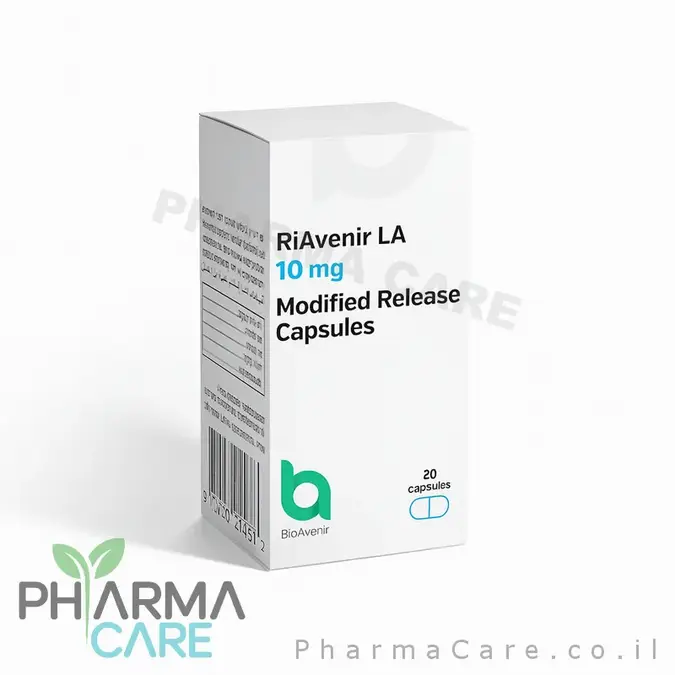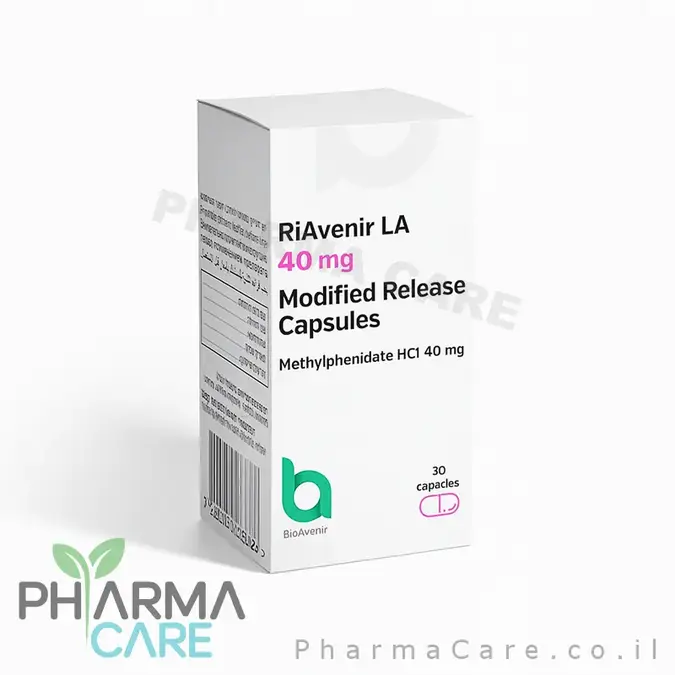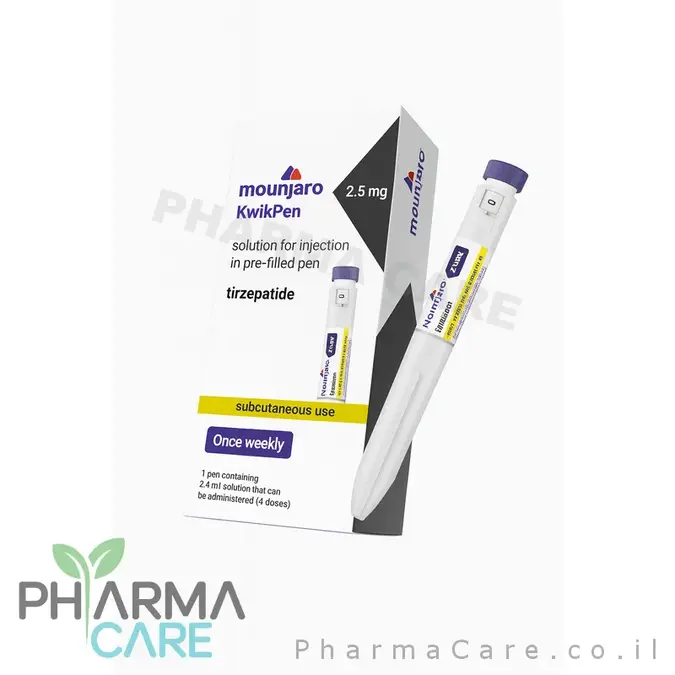Important warning: תרופות מרשם אינן מהוות תחליף לאבחון או טיפול רפואי מקצועי. אם המצב הרפואי מחמיר או נמשך זמן רב, יש לפנות לרופא לצורך אבחון מעמיק.
מהן תרופות מרשם ולמה כדאי לשים לב
Prescription drugs They are medical products that are available for free purchase, without the need for a doctor's prescription. They are designed to treat minor or temporary health problems, such as headaches, back pain, mild anxiety, allergies, mild insomnia, and more. In practice, their judicious use can significantly alleviate daily symptoms and improve quality of life.
However, several points should be noted:
- Diagnostic test: Sometimes people have symptoms that seem "mild," but they indicate a more complex problem. If the symptom does not improve over time, it is recommended to see a doctor.
- Drug combination: תרופות מרשם עלולות להתנגש עם תרופות מרשם או עם תוספי תזונה. חשוב להתייעץ עם רוקח או רופא כשמשלבים כמה תרופות שונות.
- Dosage and correct use: כל תרופה מרשם מגיעה עם עלון לצרכן המפרט את המינון המומלץ ואת תופעות הלוואי האפשריות. הקפדה על כך חשובה כדי להימנע מנזק מצטבר.
- Special situationsPregnant women, children, adults with underlying diseases and people prone to allergies should consult a medical professional before taking a new medication.
רשימת תרופות מרשם
בחלק זה נציג 21 תרופות ומוצרים (או בקירוב לכך), בשמותיהן בעברית, המסייעים בהקלה על תסמינים שונים. לכל אחת נלווה הסבר תמציתי על מטרות השימוש וסוגי התסמינים שלגביהם היא רלוונטית.
important: אף על פי שהן מוזכרות לעיתים כ״ללא מרשם״ או כתרופות קו ראשון, חלקן עשויות לדרוש מרשם רופא בפועל, בהתאם לרגולציה המקומית. זוהי רשימת אזכור כללית, ובמקרה של ספק יש להתייעץ עם רוקח או רופא.
1. Atento (Attention)
A drug sometimes used to treat attention deficit hyperactivity disorder (ADHD). It helps improve concentration and reduce hyperactivity in some patients. It should be used responsibly, especially in young people.
A painkiller that contains a combination of active ingredients (sometimes acetaminophen and a weak opioid). Its purpose is to relieve moderate to severe pain for short periods of time.
A medication that helps treat mild sleep problems (insomnia or difficulty falling asleep). It affects the nervous system at low doses and makes it easier to fall asleep.
Used to relieve moderate to severe pain. Contains an opioid component (tramadol) that helps reduce pain for several hours. It is important to follow the dosage to prevent dependence.
A sedative drug from the benzodiazepine family, effective in relieving anxiety and mental stress. Can also help with sleep disorders, but it is recommended not to use it for a long time.
An antidepressant and anxiety medication from the SSRI (selective serotonin reuptake inhibitors) family. Helps balance mood and reduce anxiety, but its full effect is only felt a few weeks after starting treatment.
Another variation of a painkiller, sometimes similar in composition to Zaldiar. Intended for moderate pain relief. Due to the opioid components, it is best used for limited periods of time.
A medication for the treatment of attention deficit hyperactivity disorder, as well as certain cases of bulimia. The active ingredient affects dopamine and norepinephrine levels in the brain. Requires monitoring in patients prone to anxiety or rapid heartbeat.
Opioid painkiller, usually used for relatively severe pain. In many cases, contains a combination of oxycodone and acetaminophen. Requires careful dosing to avoid side effects.
A drug from the benzodiazepine family, known for its rapid calming effect and reduction of anxiety and restlessness. Frequent use may lead to dependence, so it is advisable to limit use over time.
An antipsychotic medication that is also used to treat mood disorders and certain sleep disorders. At lower doses, it may calm and balance anxiety states, but it requires medical supervision.
A weak-moderate painkiller with an opioid component. Sometimes used to relieve a bothersome dry cough. It is important to remember that codeine may cause constipation and dependence, and is therefore not suitable for long-term use.
13. Kamagra
A preparation that helps improve erections and increase sexual function. Contains an active ingredient similar to well-known drugs for treating erectile dysfunction. Its effect is relatively rapid, but one should be wary of side effects such as headache or flushing.
Commonly used as an antidepressant (tetracyclic antidepressant). Can also help treat anxiety and secondary sleep disorders, thanks to its calming effect on the central nervous system.
15. Miro-medicine
Another term referring to the same product ("Miro"), but the use of this name may indicate a different version or packaging. In principle, it is a similar drug that helps with the same family of depression and anxiety conditions.
A common treatment for neuropathic pain (such as fibromyalgia or nerve pain). Also helps with generalized anxiety disorders. The active ingredient is pregabalin.
A pain reliever containing a combination of different opioids, such as oxycodone and naloxone. Reduces severe pain, while reducing the risk of constipation. Used for the medium-short term, according to personal instructions.
A phrase that may appear against the backdrop of concerns about uncontrolled use of Zaldiar. The name suggests that the drug, which contains an opioid component, may cause dependence or serious side effects if used carelessly.
A drug from the SNRI (serotonin norepinephrine reuptake inhibitor) family. It is used to treat depression, generalized anxiety, and sometimes neuropathic pain. It takes several weeks to achieve optimal effects.
A drug used to treat nerve pain (neuropathic) and certain epileptic seizures. In low doses, it may help reduce anxiety, but requires monitoring when combined with other medications.
21. Ambien
A sleeping pill based on the active ingredient zolpidem. It makes it easier to fall asleep for short periods of time, and is intended for short-term use for those who suffer from occasional insomnia.
דגשים חשובים לשימוש בטוח תרופות מרשם
- Always read the consumer leaflet: Each medication comes with a leaflet detailing the composition of the active ingredients, side effects, recommended use, and important warnings.
- Avoid dangerous combinations: Opioid medications (such as codeine, Tramadol, or Percocet) and benzodiazepines (Lorivan, Xanax) are not recommended to be combined without a doctor's supervision, due to the risk of respiratory depression and dependence.
- Limiting usage time: Many medications can cause tolerance or dependence. Lorivin, Xanax, Tramadex and others – they are best used short-term.
- Special situations: Children, pregnant women, the elderly, and people with chronic illnesses should exercise extreme caution.
- Control of ongoing symptomsIf using the medicine does not bring relief or if the symptoms recur frequently – seek medical advice.
- Proper storage: Store medications in a shaded place, at an appropriate temperature, and out of reach of children. Some medications may be damaged by high heat or extreme humidity.
היתרונות של הזמנת תרופות
בעידן הדיגיטלי, רכישת תרופות נעשית נוחה ופשוטה הרבה יותר. הנה כמה יתרונות בולטים:
- Free deliveries 24/7 throughout the country
Continuous delivery services allow you to order medicines and health products around the clock, with no additional shipping costs. This saves time and hassle, especially for those who cannot easily leave the house.
- Fast and discreet service
The medications are packaged in a controlled manner so that the contents of the package cannot be identified. Privacy is maintained, and you receive the shipment as soon as possible.
- Huge variety of products in stock
האתר מציע מלאי גדול הכולל תרופות, תוספי תזונה, מוצרי היגיינה, טיפוח ועוד. כך ניתן לבצע רכישה מרוכזת במקום אחד.
- Express deliveries within an hour
In urgent cases or when an urgent need arises, you can choose express delivery that arrives within an hour (depending on availability in the area). This is a great solution for those who need medicine immediately.
- Professional advice and guidance
Even if you haven't met a pharmacist in person, you can consult with the website staff by phone or via chat. They provide explanations about the various products and how to use them properly.
טיפים כלליים לשמירה על הבריאות
- Balanced diet
Healthy eating habits, including vegetables, fruits, whole grains, and quality proteins, support proper body function and reduce the risk of many medical conditions.
- Drinking enough water
Water is essential for the functioning of the body's systems. It also helps reduce side effects of certain medications, such as dry mouth or constipation.
- Moderate physical activity
Daily walking, light strength training, or activities like swimming improve cardiovascular function and reduce stress. Exercise also supports better sleep.
- Periodic medical monitoring
Blood tests and screening tests help identify health problems early. Pregnant women, patients with underlying medical conditions, or the elderly should be especially careful.
- Quality sleep
Sleeping medications (such as Ambien or Bondormin) may help for short periods of time, but it is also recommended to establish healthy sleep habits: avoiding screens in the evening, ensuring a dark and quiet room, and going to bed at a regular time.
- Stress management
Stressful situations can worsen physical and mental symptoms. Breathing techniques, meditation, yoga, or psychological support can help maintain mental balance.
- Consultation when needed
A pharmacist or doctor can provide a professional opinion and diagnose complex symptoms. If something doesn't feel right – don't delay, seek advice.
שאלות נפוצות תרופות (FAQ)
Are all these medications truly over-the-counter?
Most of them are defined as first-line medications for treating various problems, but depending on the market settings in Israel or other countries, some of them may still require a prescription. It is recommended to check this with your pharmacist or according to the regulations in your country.
האם אפשר לשלב כמה תרופות יחד?
Depends on the type of medication. Combinations of sedatives (such as Lorivin, Xanax) and opioid painkillers (such as Tramadol, Codeine, or Percocet) require special caution due to the risk of respiratory depression. It is best to consult a pharmacist or doctor.
כמה זמן מותר להשתמש בתרופות אלו לפני שפונים לרופא?
If symptoms do not improve or worsen after a few days, it is a good idea to seek professional diagnosis. Certain medications, especially those containing addictive substances, should be limited to short-term use only.
מה ההבדל בין תרופות כאב גנריות לבין זאלדיאר?
Both names usually refer to the same drug family (painkiller combination), but may indicate different manufacturing companies or slightly different versions of the product. The active principle is similar and the precautions for use are similar.
האם תרופות נוגדות דיכאון (כמו ציפרלקס) משפיעות מיד?
Usually not. SSRI or SNRI medications take several weeks to take effect. During this period, there may be initial side effects, but they usually pass.
מה לגבי תלות והתמכרות לתרופות מרשם?
Medications like Xanax, Lorivin, or Tramadol carry a risk of developing dependence. Therefore, it is recommended to use them for a limited time and according to instructions. If you suspect addiction, it is important to consult a doctor as soon as possible.
איך יודעים מתי להשתמש בתרופות מרשם להרגעה או לשינה?
Sedatives and sleeping pills are intended for specific cases of stress or temporary difficulty falling asleep. When the condition persists for a long time, it is likely a problem that requires more in-depth treatment. Such medications should not be relied upon as part of an ongoing routine.
Prescription drugs
תרופות מרשם מהוות כלי עזר חשוב לשמירה על אורח חיים בריא ולהקלה על תסמינים יומיומיים. הן כוללות קשת רחבה של מוצרים – החל במשככי כאבים ואנטי-דיכאוניים קלים, ועד תרופות לשיפור השינה או הסדרת קשב וריכוז. אם משתמשים בהן באחריות, תוך התייחסות למינונים ולקיומם של מצבים מיוחדים, הן יכולות לשפר באופן ניכר את איכות החיים.
עם זאת, יש לזכור שתרופות אינן פתרון קסם לכל מצב. במקרים חמורים, מתמשכים או כאלו שגורמים לתופעות לוואי מטרידות, חיוני לפנות לייעוץ מקצועי. שימוש מושכל בתרופות מרשם מביא יתרונות רבים, אך שימוש לא אחראי עלול להוביל לנזקים בריאותיים חמורים.
Finally, online pharmacy sites today offer advanced services such as free 24/7 shipping nationwide, fast and discreet service, the option of express deliveries within an hour, and a huge variety of products in stock. This allows you to customize your order to your personal needs, save time, and ensure that all the necessary medications arrive at your doorstep in the most convenient way.
זכרו: שמרו על הנחיות השימוש, התייעצו עם רוקח או רופא בעת הצורך, הקפידו על אורח חיים בריא ומאוזן – וכך תפיקו את המיטב מתרופות מרשם ותשמרו על בריאותכם לאורך זמן.
Recommended external link – WebMD
